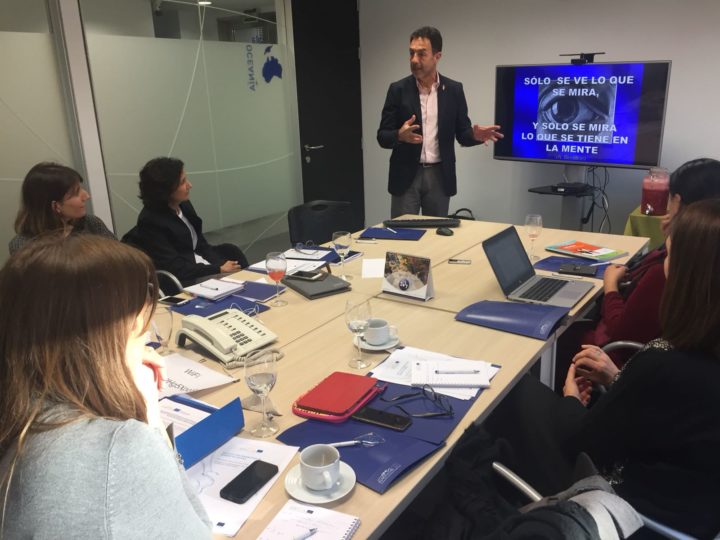Two delegations visited Europe, from the Chilean Supreme Court and from the Peruvian Judicial Body, seeking to study good practices in gender mainstreaming in the application of the law

Two delegations visited Europe, from the Chilean Supreme Court and from the Peruvian Judicial Body, seeking to study good practices in gender mainstreaming in the application of the law
In order to ensure women’s access to justice, legislation is needed that promotes equality and punishes violence and femicide. It is also necessary that legal practitioners and, specifically, judges have tools and instruments that enable them to overcome their gender bias and apply justice impartially and consistently, thereby guaranteeing equality and non-discrimination between men and women and correcting observed inequalities.
The Chilean Supreme Court and the Peruvian Judicial Body are making efforts in this regard by promoting strategies for the administration of justice to incorporate the gender perspective into judicial action. EUROsociAL has supported these initiatives by facilitating two study visits from the people leading the process in both countries to learn about the Spanish and German experience and the approach of the European Council and European Court of Human Rights in this area.
In the case of Spain, experts such as Miguel Lorente and the judges Maria Tardón, Lucía Avilés and Mar Serna, shared the Spanish experience. In addition, the General Council of the Judiciary received both delegations who were able to learn about the work being carried out by the Council’s Equality Commission and the Observatory on Domestic and Gender Violence.
In Germany, the delegations had the opportunity to benefit from the experience of the German Constitutional Court and, lastly, they visited the European Court of Human Rights in Strasbourg. The latter institution stands out for its jurisprudential work on recognising women’s rights and its experience in applying and monitoring the Istanbul Convention, a Council of Europe reference point in the field of combating violence against women.
These activities are part of a strategic accompaniment process focussing on gender that the EUROsociAL+ programme is addressing in Chile and Peru with support from Spanish and Colombian experts. As a result of this collaboration, Chile will receive inputs for the preparation of a guide for judges with a gender perspective and, in turn, Peru will receive guidance on how to validate and implement its recently adopted instruments and action guides. The results will be disseminated at international seminars in May and June 2018.
Área de políticas de género / Gender Policies Area. EUROsociAL+.



